The role of a brand ambassador has evolved over time, becoming a crucial element in the marketing strategies of modern businesses. But what exactly is a brand ambassador, and what do they do?
Dive into the world of “what is a brand ambassador”, uncover the differences between influencers and customer ambassadors, and explore real-life examples of successful brand ambassador programs that have transformed the way companies connect with their audience.
Key Takeaways
- Brand ambassadors are essential for promoting products and services, building brand identity, and increasing awareness.
- Influencers and customer ambassadors have different roles in a successful program.
- An effective ambassador program requires clear goals, suitable ambassadors, and mutually beneficial partnerships to generate loyalty & engagement metrics to measure success.
Understanding the Brand Ambassador Role
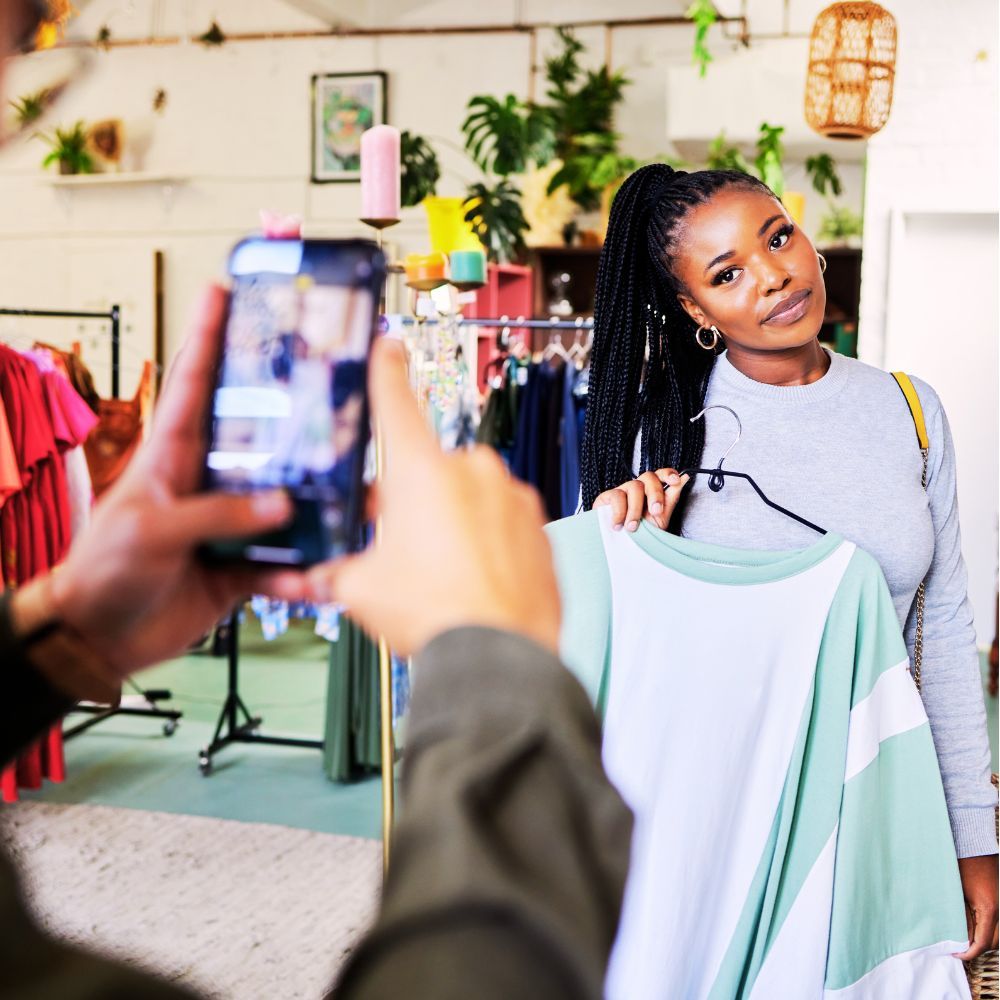
A brand ambassador represents and promotes a company or its products and services, often through their personal networks and social media platforms, helping to increase brand awareness and attract new customers.
A brand ambassador’s job plays a crucial role in developing and maintaining a brand’s identity by producing and disseminating content, arranging events, and utilizing their personal networks. In this context, the term brand ambassador definition encompasses all these responsibilities and activities.
Any business aiming for growth and a wider audience reach can greatly benefit from brand ambassadors. They are the
Influencers vs. Customer Ambassadors
While both influencers and customer ambassadors promote brands, there’s a significant difference between the two. Influencers are compensated to endorse brands and often have a sizable following, focusing on building their own personal brand.
On the other hand, customer ambassadors are passionate about the brand and share it with their network, resulting in higher authenticity and engagement through word-of-mouth marketing.
Just a few examples of successful customer ambassador programs include Patagonia’s Instagram Ambassadors, Dell’s Employee Advocacy Program, Amazon Ambassador Program, and Lululemon’s Community Building Efforts.
Building Brand Awareness
Various methods employed by brand ambassadors can have a substantial impact on a company’s brand awareness. Some of these methods include:
- Creating and sharing content on social media platforms to boost brand awareness
- Organizing events
- Leveraging their personal networks to raise brand awareness and attract potential customers.
Engaging in video content production, hosting workshops, or collaborating with other ambassadors are among the strategies they might use to reach new audiences and boost sales.
Types of Brand Ambassadors

There are various types of brand ambassadors, each with their unique benefits and target audiences. From celebrities and employees to college campus ambassadors, these individuals use their influence and passion to raise brand awareness and attract new customers.
Celebrity Brand Ambassadors

Celebrity brand ambassadors use their fame to promote a brand, often resulting in increased sales and brand recognition. Brands can locate celebrity brand ambassadors by conducting research, making direct contact, or engaging the services of a talent agency.
However, working with celebrity brand ambassadors can come with challenges, such as the cost and complexity of management.
Employee Brand Ambassadors
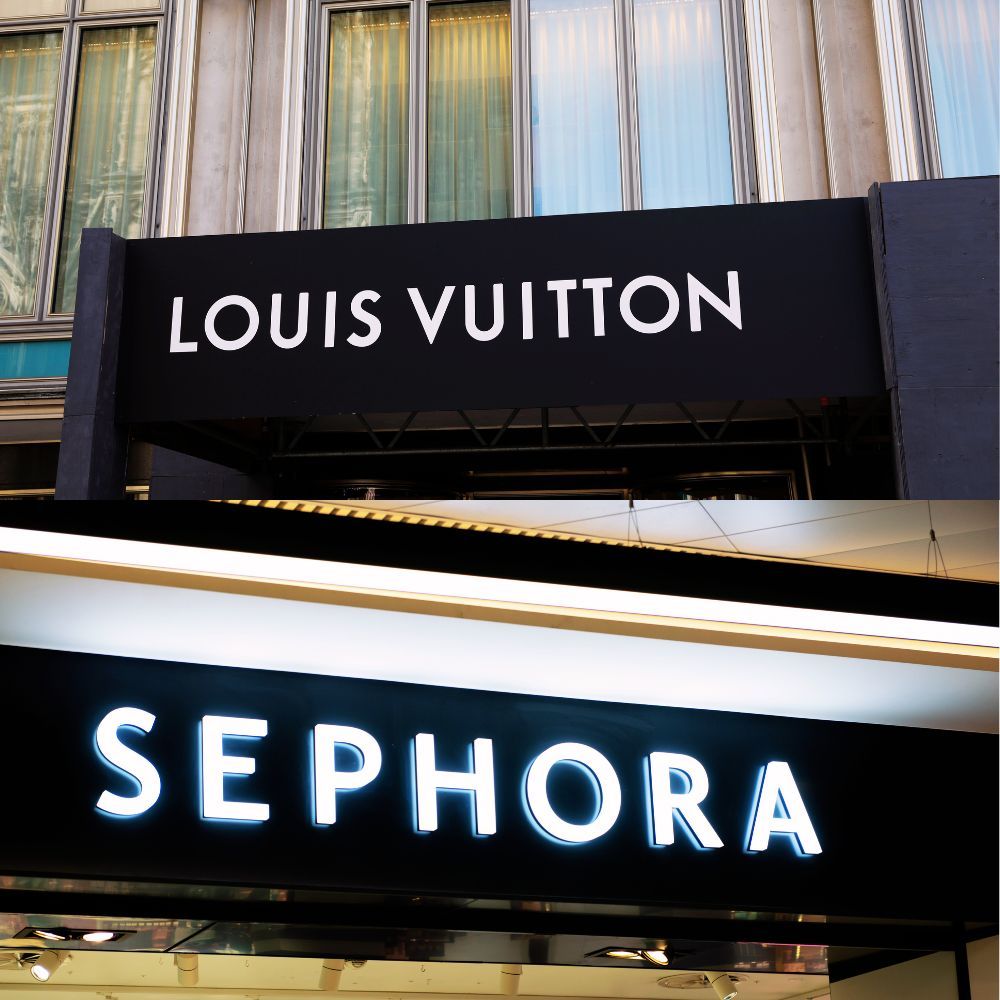
Employee brand ambassadors leverage their professional networks and insider knowledge to promote their company’s brand identity and its products or services. As a result, many companies are now hiring brand ambassadors to strengthen their marketing efforts.
Sales, marketing, and management personnel, due to the nature of their roles, typically have the largest professional networks and can potentially have the greatest impact on a company’s bottom line.
College Campus Brand Ambassadors

College campus brand ambassadors target the college demographic by promoting a brand through events, workshops, and social media. Word of mouth is a highly effective and beneficial approach for long-term success in this context.
By fostering a genuine connection with college students, these ambassadors can significantly impact brand awareness and loyalty among this influential demographic.
Best Brand Ambassador Program
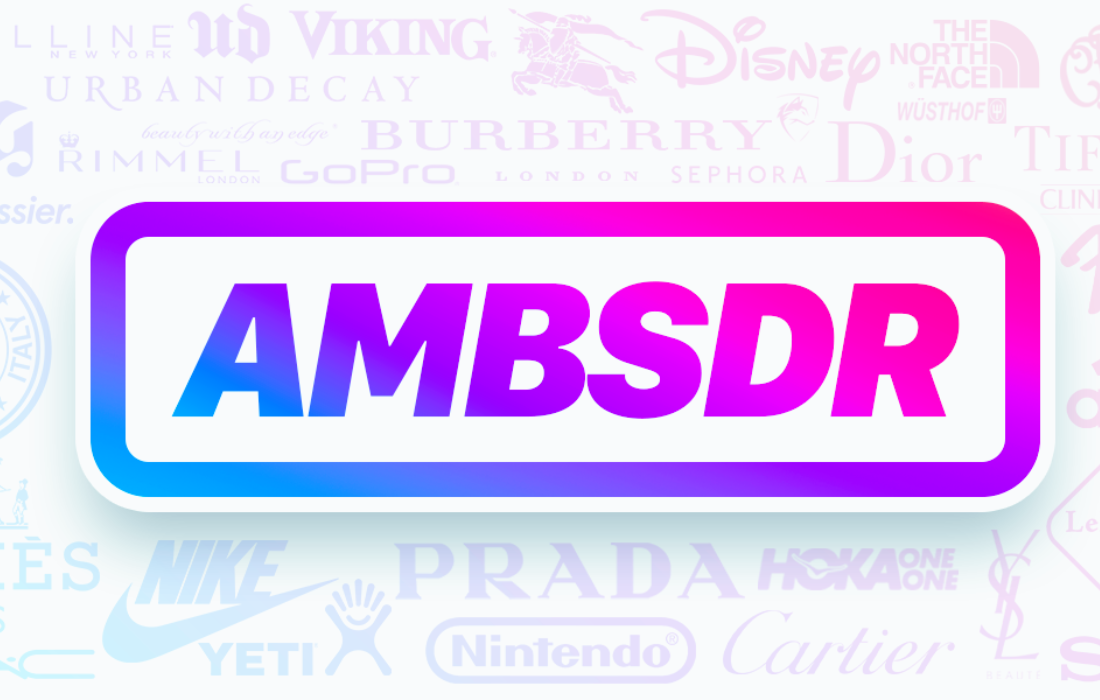
The best brand ambassador programs are well-structured, goal-oriented, and focused on building long-term relationships with ambassadors who genuinely align with the brand’s values and objectives.
Clear definitions of program goals, identification of ideal brand ambassadors, and establishing mutually beneficial partnerships enable companies to create effective and successful brand ambassador programs.
AMBSDR Is the best program to learn step by step to build a brand ambassador business. Try it out here.
Creating an Effective Brand Ambassador Program

Establishing an effective brand ambassador program necessitates goal-setting, pinpointing suitable brand ambassadors, and cultivating partnerships that benefit both parties. This process ensures that both the brand and the ambassadors benefit from the relationship, ultimately driving brand awareness and loyalty.
Defining Program Goals
The success of your brand ambassador program hinges on the clear definition of its goals. Whether your objective is to increase brand awareness, drive sales, or build a community around your brand, outlining these goals will help you develop a focused and results-driven program.
Having a clear set of objectives will also help you measure the success of your program. You
Identifying Ideal Brand Ambassadors
Identifying the ideal brand ambassadors for your program involves considering factors such as their audience, values, and content creation abilities. The program’s success is guaranteed when ambassadors genuinely align with your brand and can effectively advocate for your products or services.
Establishing a Mutually Beneficial Partnership
A successful brand ambassador program requires a partnership that benefits both parties. Incentives such as exclusive discounts, free products, or affiliate programs can help motivate ambassadors and foster a strong, long-lasting relationship that drives results for your brand.
Measuring Brand Ambassador Success

Measuring the success of your brand ambassador program involves analyzing engagement and reach, as well as gathering feedback and insights from your ambassadors. Refining your program and maximizing its impact can be achieved through tracking key metrics and incorporating feedback from your ambassadors.
Analyzing Engagement and Reach

Track engagement and reach metrics, such as referral code usage, social media impressions, and conversions, to evaluate the effectiveness of your brand ambassador program. Monitoring these metrics allows you to identify areas of success and opportunities for improvement, ultimately enhancing your marketing strategies and maximizing the program’s impact.
Gathering Feedback and Insights

Gather feedback and insights from your brand ambassadors to improve your program, identify areas for growth, and better understand your target audience. Valuable information guiding decisions related to product development, marketing tactics, and customer service can be acquired through surveys, interviews, focus groups, and social media monitoring.
Real-World Examples of Brand Ambassador Programs
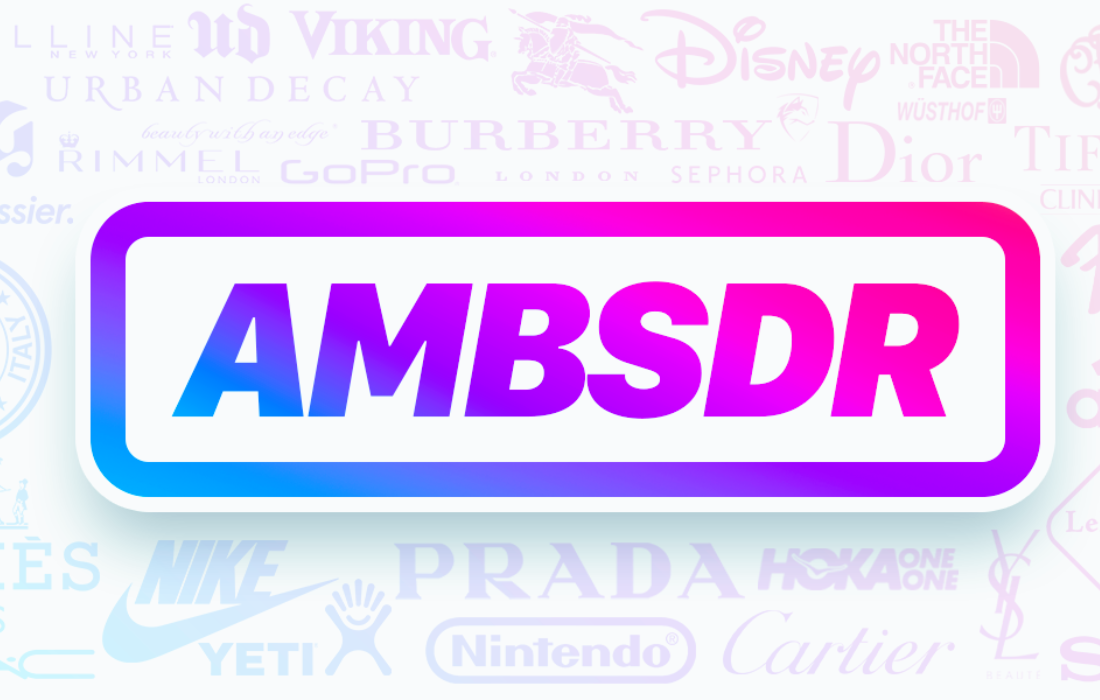
Real-world examples of successful brand ambassador programs include Patagonia’s Instagram ambassadors, Dell’s employee advocacy program, and Lululemon’s community-building efforts. These programs demonstrate the power of leveraging passionate individuals to promote a brand and connect with audiences in an authentic and engaging manner.
Brand ambassadors, also known as brand advocates, offer businesses a potent tool for audience expansion, relationship building, and
Patagonia's Instagram Ambassadors

Patagonia leverages Instagram celebrities as brand ambassadors, who share photos of their adventures while wearing Patagonia gear to promote the brand. These ambassadors, including professional athletes, outdoor adventurers, and environmental activists such as Alex Honnold, Chris Burkard, and Emily Harrington, help to promote Patagonia’s products and values through their social media platforms, resulting in increased brand recognition and devotion.
Dell's Employee Advocacy Program

Dell’s employee advocacy program, known as Dell Champions, offers employees the opportunity to be trained and certified to effectively promote Dell’s culture and brand on social media platforms.
Dell broadens its reach and promotes its products and services to a larger audience by utilizing its internal workforce and channel partners as brand ambassadors.
Lululemon's Community Building Efforts

Lululemon’s brand ambassadors host free fitness events, model clothes on their website, and write blogs to create a strong brand culture and community. Through physical stores and digital engagement, Lululemon has established a strong brand community that emphasizes fitness, lifestyle, and meaningful connections with customers.
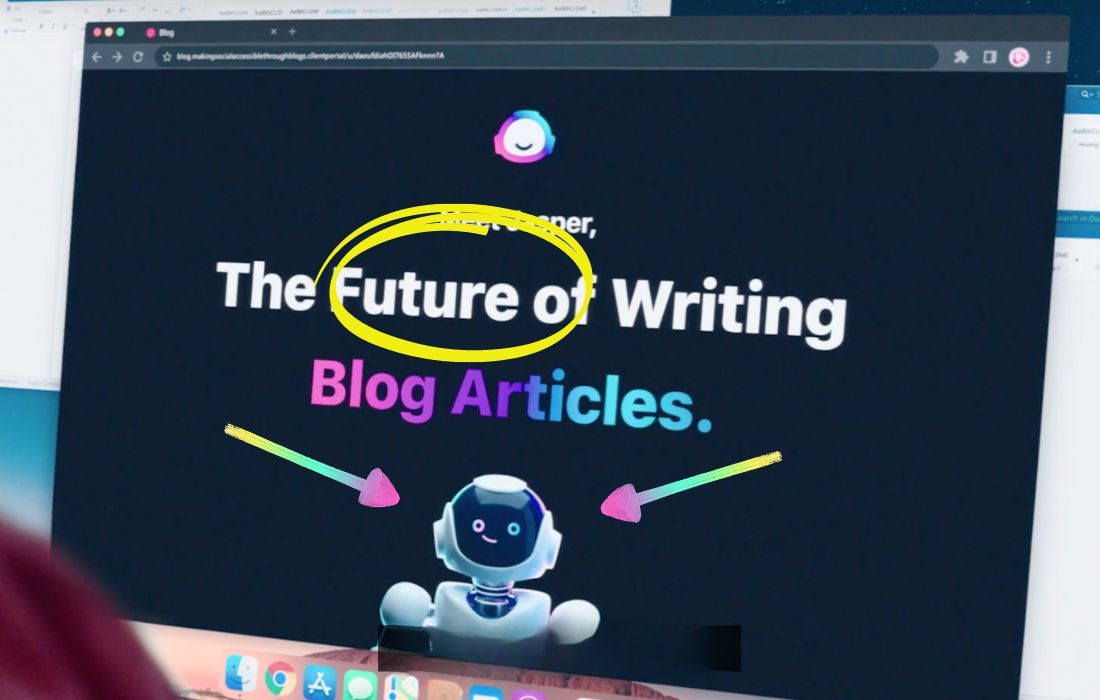

SwagScale Summary
In conclusion, brand ambassadors play a crucial role in promoting a brand and its products. By understanding the different types of effective brand ambassadors, creating an effective brand ambassador program, and measuring its success, companies can leverage the power of passionate individuals to connect with their audience in an authentic and engaging manner.
Whether you’re considering implementing a brand ambassador program or looking to refine an existing one, remember that the key to success lies in building genuine relationships and fostering a strong brand community.
Your Brand Advocate Guru,
Ray

Frequently Asked Questions
What is a brand ambassador do?
A brand ambassador is a person who represents and advertises a company, supporting its offers and embodying the corporate identity through words and actions. They are experts in talking about the brand both online and offline.
Do brand ambassadors get paid?
Brand ambassadors do get paid in the form of sales commissions for their role in generating new sales and boosting brand revenue.
Do brand ambassadors get free products?
Yes, brand ambassadors often receive free products or a commission in return for generating sales.
What is the difference between an influencer and a brand ambassador?
Influencers are paid to promote a brand, while brand ambassadors have a genuine connection to the brand and spread the word organically.
How can a company identify potential brand ambassadors?
Identifying potential brand ambassadors can be done by analyzing the company's social media followers and contacting those who appear passionate about the business. This allows for an opportunity to collaborate with them as brand ambassadors.












